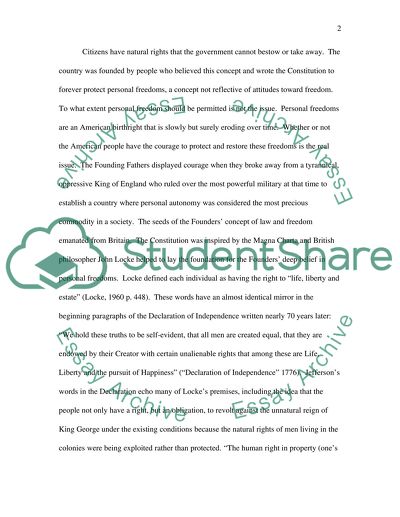Cite this document
(“Declaration of Independence Essay Example | Topics and Well Written Essays - 1500 words”, n.d.)
Retrieved from https://studentshare.org/history/1545158-declaration-of-independence
Retrieved from https://studentshare.org/history/1545158-declaration-of-independence
(Declaration of Independence Essay Example | Topics and Well Written Essays - 1500 Words)
https://studentshare.org/history/1545158-declaration-of-independence.
https://studentshare.org/history/1545158-declaration-of-independence.
“Declaration of Independence Essay Example | Topics and Well Written Essays - 1500 Words”, n.d. https://studentshare.org/history/1545158-declaration-of-independence.


